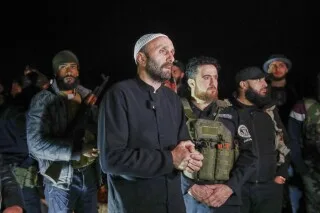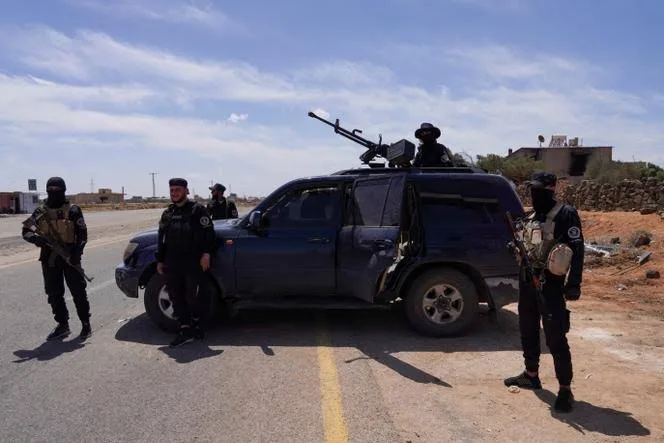At least 89 people have been killed in southern Syria’s Sweida province amid fierce sectarian fighting between Sunni Bedouin tribes and Druze fighters. The violence, now in its second day, has raised fears about the stability of the region’s fragile post-war balance.
What Sparked the Clashes?
The fighting began on Sunday after Bedouin gunmen abducted a Druze vegetable vendor on the highway to Damascus. In retaliation, Druze fighters captured Bedouin hostages, which led to further escalation. Although the hostages were later released, the conflict continued, with mortar rounds striking villages outside Sweida city and leaving dozens wounded.

Casualties and Response
The Observatory, a monitor, reported that the death toll has reached 89, including 46 Druze, four civilians, 18 Bedouin fighters, and seven unidentified people in military uniforms. Six security forces personnel were also killed during disengagement operations in Sweida. In response to the violence, the Syrian military and interior ministries have deployed troops, announced safe corridors for civilians, and pledged to end the fighting “quickly and decisively”.
International Involvement
Israel has also gotten involved, striking “several tanks” in Sweida, citing the protection of the Druze community. This move comes after Israel previously warned that it would intervene in Syria to protect the Druze. The Druze community has around one million adherents worldwide, with half of them residing in Syria.
Challenges for Syria’s Interim Leader

The clashes highlight the challenges facing interim leader Ahmad al-Sharaa, whose Islamist forces ousted President Bashar al-Assad in December. Syria remains deeply divided after nearly 14 years of war, and the country must rebuild infrastructure, resettle displaced millions, and nurture national reconciliation.
Background on Druze and Bedouin Factions
The Druze are a small religious community with a history of clashes with Sunni Bedouin tribes over land, influence, and control of checkpoints. During the war, Druze fighters formed their own local militias to shield their communities from Islamist extremist groups like the Islamic State. The conflict has reignited concerns about the stability of the region and the ability of the new Syrian authorities to protect minorities.
